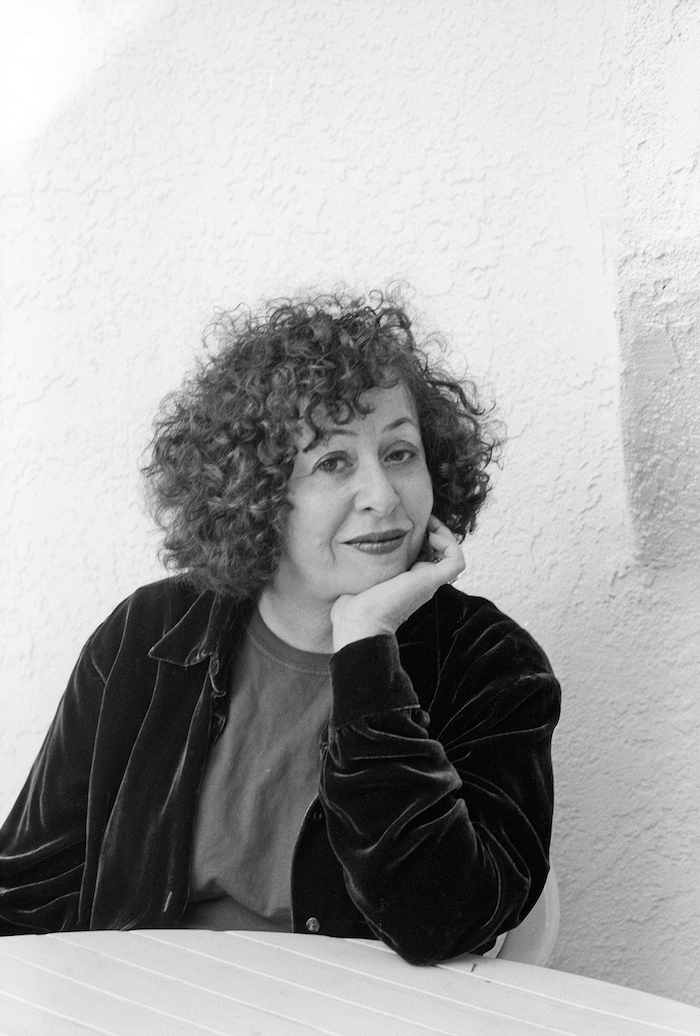 |
| photo: Christopher Finch |
Linda Rosenkrantz is the author of several books of fiction and nonfiction, including Telegram, a history of telegraphic communication, and her memoir, My Life as a List: 207 Things About My (Bronx) Childhood, and is co-author of Gone Hollywood: The Movie Colony in the Golden Age. She was also the founding editor of Auction magazine, a long-time syndicated columnist and a founder of the popular baby-naming site Nameberry.com. Rosenkrantz was born in New York City and lives in Los Angeles. On July 7, 2015, the New York Review Books republished her 1968 novel Talk.
On your nightstand now:
On my nightstand right now--both wooden and virtual: Nora Webster by Colm Tóibín, Almost No Memory by Lydia Davis, Dear Life by Alice Munro, The Sense of an Ending by Julian Barnes, Traveling Sprinkler by Nicholson Baker, Little Failure by Gary Shteyngart (almost finished, as is Lena Dunham's Not That Kind of Girl).
Favorite book when you were a child:
The Story of Ferdinand by Munro Leaf--aka "Ferdinand the Bull." As a painfully shy child, I so much identified with the big bull that preferred to sit on the sidelines under a tree and smell the flowers rather than fight--the observer rather than the participant. Later I loved a book of short stories called Here We Are, which introduced me to the writing of people like Katherine Anne Porter, Irwin Shaw, Sinclair Lewis and William Saroyan, which still bears the splash-watermarks from my reading it over and over again at the age of 11 on the dock at Camp Jekoce (when I probably should have been in the lake).
Your top five authors:
A very mixed bag if I had to pick just five: Italo Svevo, Nathanael West, Barbara Pym, Alan Bennett--and if poets come under this category--William Butler Yeats.
Book you've faked reading:
I've never tried to conceal the fact that I haven't read Moby-Dick or Finnegans Wake.
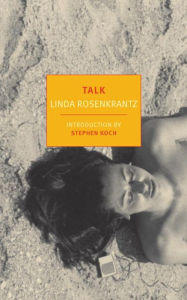 Book you're an evangelist for:
Book you're an evangelist for:
Currently it's Roz Chast's searingly real and honest Can't We Talk About Something More Pleasant?. And for dog lovers, the heartbreaking Timbuktu by Paul Auster.
Book you've bought for the cover:
I'm immediately drawn to any memoir with a childhood snapshot of the author on the cover. Also, I must say that covers are so much more appealing and better designed now than they used to be; I would hate for some of my earlier books to be judged by their hideous covers.
Book that changed your life:
I spent several months in my early 20s living in the hills above Florence with two dear friends; it was a time of discovery, trying to figure out who we were and where we were headed in life. Two books that were very important to me during that time were The Golden Notebook by Doris Lessing and Virginia Woolf's To the Lighthouse, as well as the now neglected novels of Gertrude Stein.
Favorite line from a book:
"She was so deeply embedded in my consciousness that for the first year of school I seem to have believed that each of my teachers was my mother in disguise." --opening line of Portnoy's Complaint by Philip Roth. This is not solely for its literary merit, but for the way it resonated with me personally. (If that isn't TMI.)
Book you most want to read again for the first time:
Tristram Shandy by Laurence Sterne, for the wild ride and sheer delight in encountering Sterne's riotous, bawdy humor and playful experiments with language and form. (And there's some hilarious stuff in it that relates to my day job--writing about the influence of one's name.)
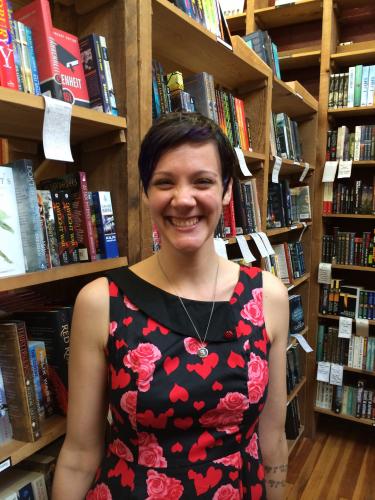 "Each staff member would have an entire shelf to feature their staff picks/ideal shelf. We would have a writing room and an introvert's lounge for silent reading.... a champagne bar with a fireplace, cozy reading chairs and a game space.... On the roof, we would have a garden reading area. Our children's castle would be big, with rooms to explore and secret passageways. We would have a roller derby rink."
"Each staff member would have an entire shelf to feature their staff picks/ideal shelf. We would have a writing room and an introvert's lounge for silent reading.... a champagne bar with a fireplace, cozy reading chairs and a game space.... On the roof, we would have a garden reading area. Our children's castle would be big, with rooms to explore and secret passageways. We would have a roller derby rink."








 Rizzoli Bookstore
Rizzoli Bookstore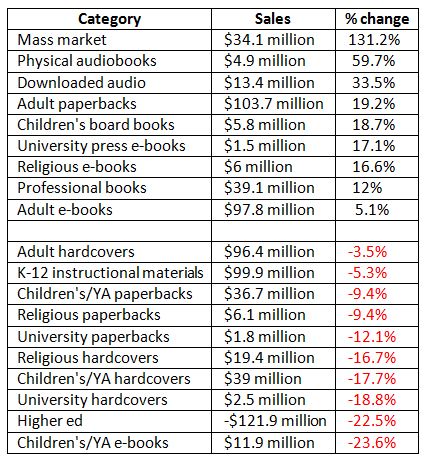

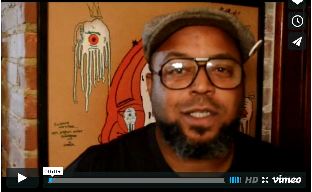 Guide to Kulchur
Guide to Kulchur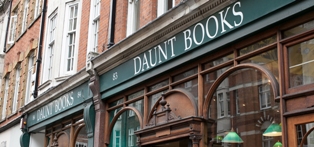 London bookshop chain Daunt Books has launched a
London bookshop chain Daunt Books has launched a  Last Friday, a federal judge in Phoenix "
Last Friday, a federal judge in Phoenix "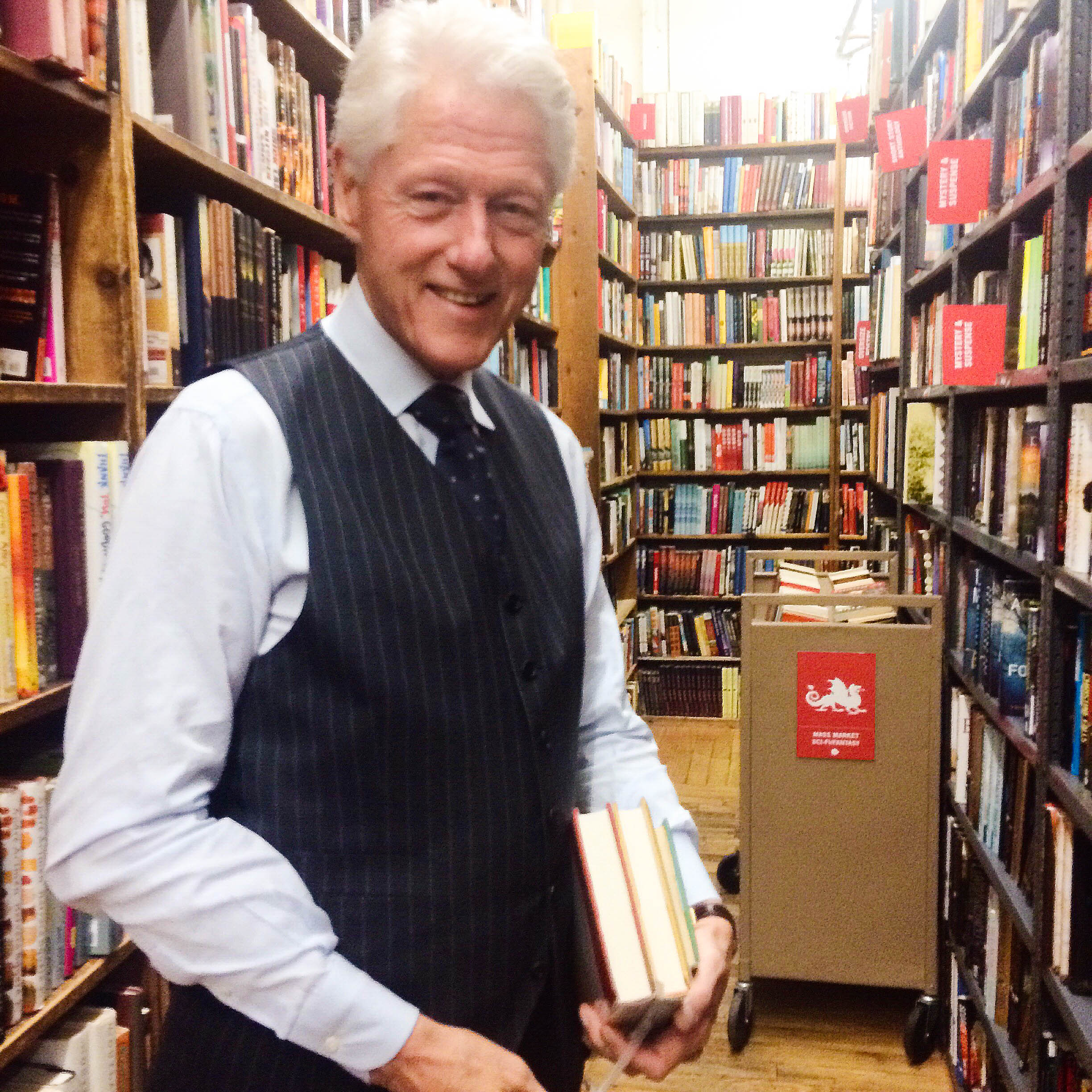
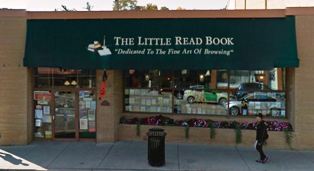 Congratulations to the
Congratulations to the 
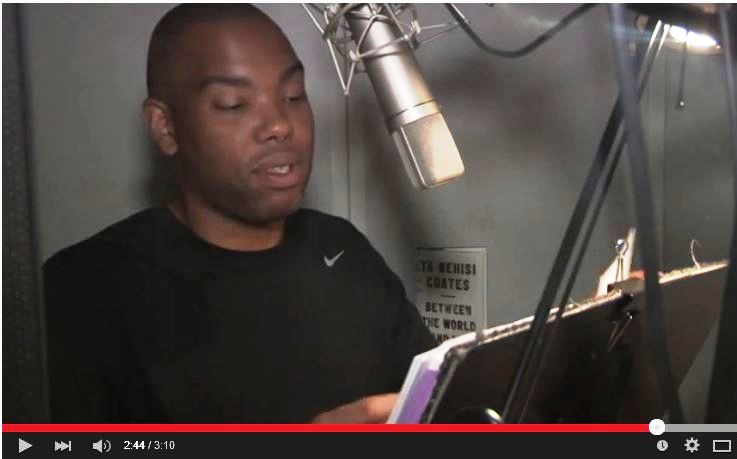 Between the World and Me
Between the World and Me
 Book you're an evangelist for:
Book you're an evangelist for: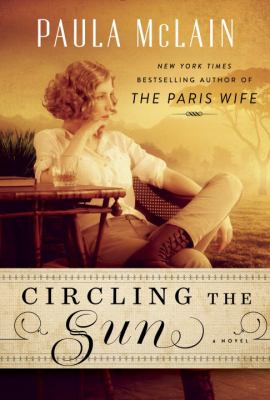 Growing up in Kenya on her father's horse farm, the young Beryl Markham was able to make her own rules: exploring the farm's rugged terrain, becoming an expert horsewoman, befriending the Kipsigis natives who worked for and with her father. But when Beryl becomes a teenager, her father's business faces financial ruin and she is left to fend for herself. Fiercely independent yet unsure of social conventions, Beryl falls into a series of disastrous romantic and professional relationships. In her third novel, Circling the Sun, Paula McLain explores the complexities of Beryl's life and traces her journey from young girl to horse trainer to world-renowned aviatrix.
Growing up in Kenya on her father's horse farm, the young Beryl Markham was able to make her own rules: exploring the farm's rugged terrain, becoming an expert horsewoman, befriending the Kipsigis natives who worked for and with her father. But when Beryl becomes a teenager, her father's business faces financial ruin and she is left to fend for herself. Fiercely independent yet unsure of social conventions, Beryl falls into a series of disastrous romantic and professional relationships. In her third novel, Circling the Sun, Paula McLain explores the complexities of Beryl's life and traces her journey from young girl to horse trainer to world-renowned aviatrix.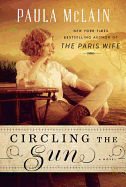

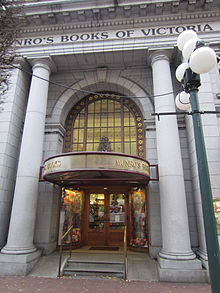 Jessica Walker of
Jessica Walker of